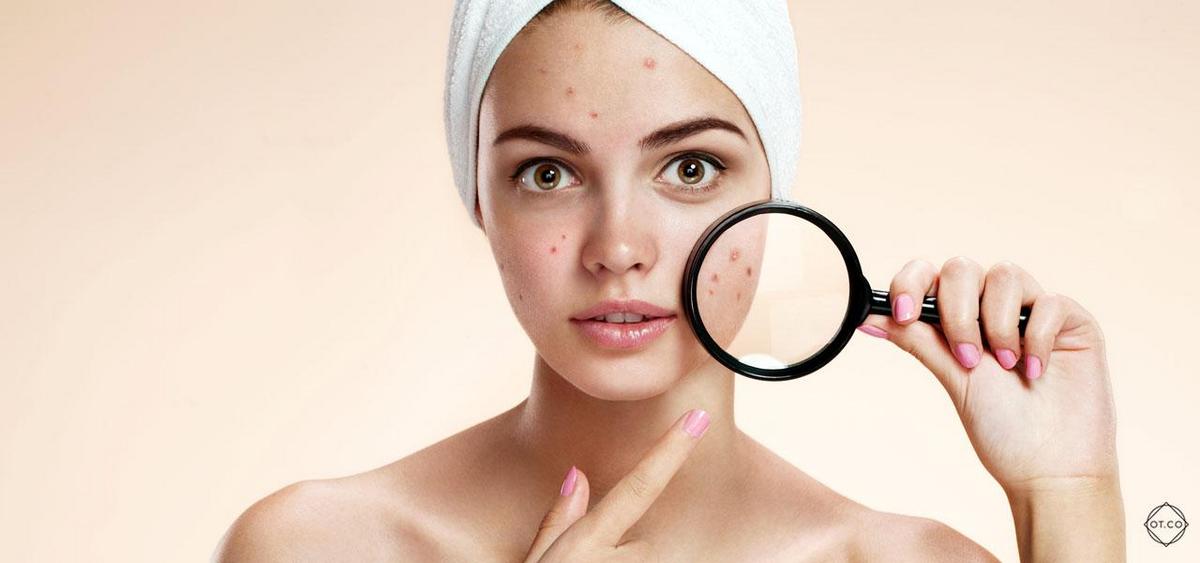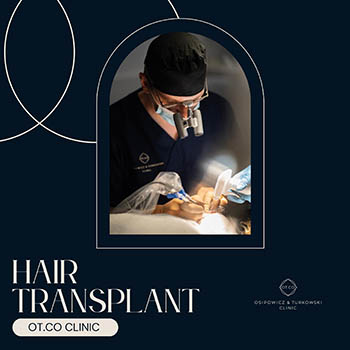TL;DR:
- Adult Acne Causes: Hormonal changes (e.g., menstrual cycle, thyroid issues, prolactin/androgen levels, PCOS), chronic acne, stress (cortisol production), genetic predispositions, improper skincare, heavy/greasy cosmetics, poor diet, smoking, excessive caffeine/alcohol consumption, and insufficient cleansing.
- Treatment: Diagnose root cause; focus on proper skincare (cleansing, toning, moisturizing, exfoliating with suitable products), dietary changes (reduce processed foods, add vitamins/minerals), cosmetic treatments, and aesthetic medicine (e.g., laser therapy for scars, pigmentation, blood vessel closure).
- Effective treatment requires patience and consistency; laser therapy is a minimally invasive, highly effective option.
Acne is associated by most of us with our youthful time, when we go through puberty. Most often, the appearance of acne at this age is associated with a storm of hormones that contribute to redness and purulent pimples. However, as it turns out acne can also occur in adults. Despite mature age, red pimples may appear on the skin, but it is worth knowing that the cause of their formation is quite different. So how to prevent and deal with acne in adults?
Causes of acne in adults
When we talk about adult acne, we mean people over the age of 30. This ailment more often affects women, and there are several reasons for its formation. The first of these may be chronic acne. We deal with chronic acne when, despite reaching maturity, youthful acne still remains or systematically returns. Another factor causing adult acne is hormonal, such as the menstrual cycle or thyroid problems. Unfortunately, it's not uncommon for us to contribute to acne ourselves by using cosmetics that are too heavy and greasy and improper skin care or by eating a poorly chosen diet. [read more url="https://otcoclinic.com/section/cosmetology/" text="Acne – what is it, types of acne, how to treat it?"] causes of acne in adults In adults, acne formation can also be caused by stress, especially if it persists for a long time. During times of stress, cortisol is produced, which is also responsible for the production of sebum, thus contributing to poor skin condition. The sudden appearance of acne can also be caused by:
- increased prolactin or androgen levels,
- polycystic ovarian syndrome,
- genetic tendencies,
- inaccurate cleansing of the skin of the face, neck and décolleté with cosmetics.
Of course, not without influence on the condition of our skin is smoking cigarettes, or drinking coffee and tea in large quantities or too frequent use of alcohol.
How to treat acne in adults?
Treating acne is not easy. It requires time and regularity. However, the results of treatment are very satisfactory. So how does the treatment proceed? The most important issue when treating adult acne is to diagnose the cause. Depending on this, an appropriate method is selected, which includes:
- proper skin care,
- changing diet and eating habits,
- cosmetic treatments,
- aesthetic medicine treatments.
Correct skin care can bring quick results, so it is worth taking care of it. The key to success is proper cleansing, toning, moisturizing and exfoliating. However, be sure to choose cosmetics suitable for our skin. Excluding preservatives and highly processed foods from the diet will positively affect the condition of the skin. In addition, the right amount of vitamins and minerals is important for skin tone, radiance and overall condition.
In the fight against acne, aesthetic medicine treatments are extremely effective. These primarily include laser therapy. This is a minimally invasive procedure and one that produces spectacular results in the fight against adult acne. All because the laser beam closes dilated blood vessels, removes hyperpigmentation, moles, fibromas, scars and even stretch marks. [read more url="https://otcoclinic.com/section/cosmetology/" text="Acne hyperpigmentation removal – step by step"].
Conclusion
Adult acne can be frustrating, but understanding its causes helps guide effective solutions. From hormonal changes to stress and lifestyle habits, pinpointing the root issue is key. Proper skincare, diet adjustments, and medical treatments like laser therapy offer real results. Consistency in care and tailored approaches make all the difference. With the right tools and effort, clear skin is achievable at any age.






